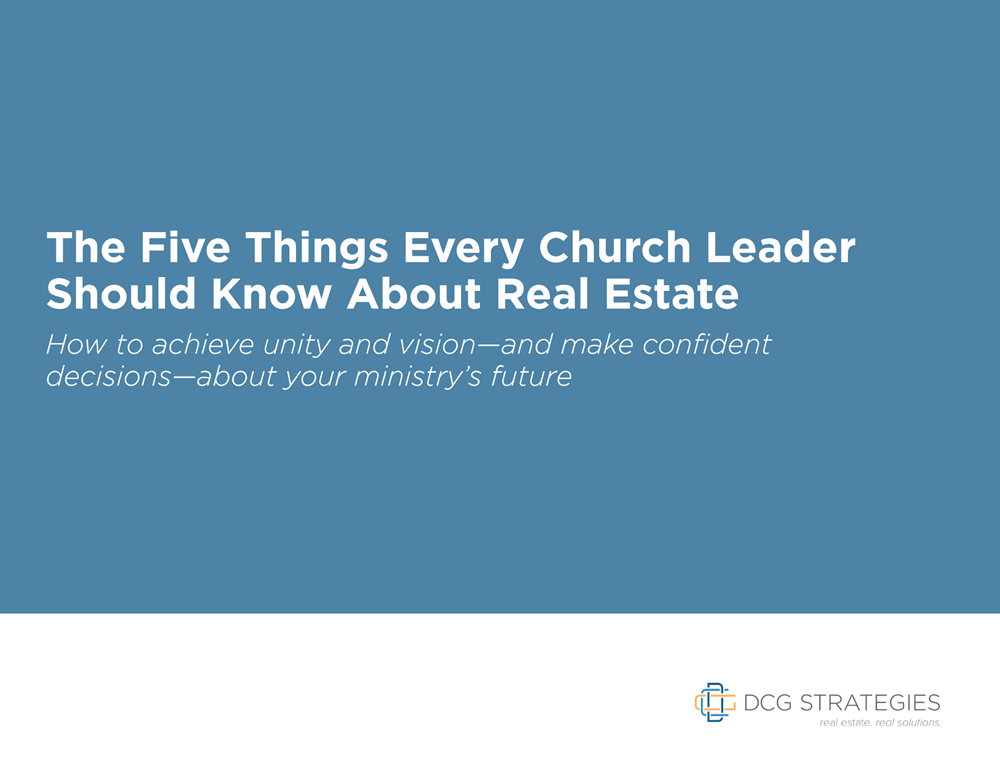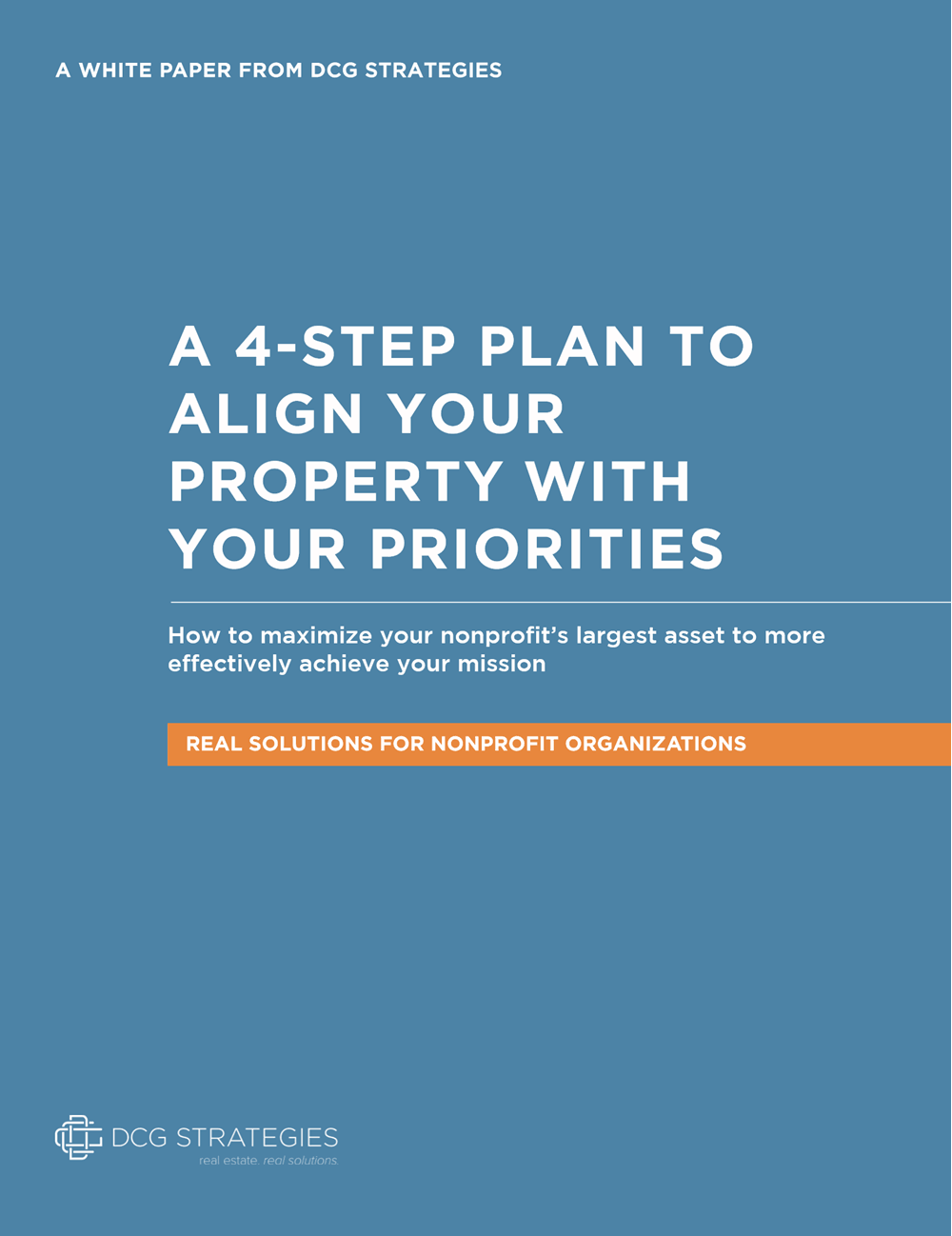Churches may not have money machines on hand when times get tough, but some churches have found the next best thing.
Image source: Flickr CC user Images of Money
It would nice if America’s churches had money machines on hand to spit out cash when times get tough. For some churches, times have gotten especially hard. They have seen attendance dwindle on Sundays to a fraction of what they once were. As regular members get older, many churches struggle to attract younger members.
A few churches may be lucky enough to have rich benefactors, but most do not. Church pastors are often put in the uncomfortable position of making a hard sell for donations, while the members squirm in their seats. Many churches have to pass the cup around and pray that enough comes back each week to keep the doors open.
As much as they may be struggling, no churches have been blessed with a money machine. And yet, some churches have found the next best thing. They have signed lucrative, long-term leases with for-profit developers.
Church Leases with Commercial Developers Can Be Lucrative
Previously, we’ve written how churches commonly sign deals with cellular phone companies that pay to load cellular equipment on steeples or build cell towers on the property. Churches have also rented out space to other churches, daycare facilities, and private schools. This is different, though. In this case, the church owns a highly desirable property and leases it long-term to a private developer. That developer might build stores or apartments and hotels. In return, the church gets a pile of cash indefinitely from the lease.
This recently happened in Boston. In February, the Roman Catholic Archdiocese of Boston announced that it was leasing the cathedral’s underused parking lot to a developer. The lease was for 99 years. Although the terms were not disclosed, this deal will be highly lucrative for the archdiocese and perhaps solve its cash-flow problems forever. Each of the apartments, for example, will rent from $2,500 to $4,500 a month, and so the lease is not going to come cheaply.
Another interesting fact about that deal is that the church didn’t have to give up much. The developer agreed to let the church reserve 70 spaces in a future underground parking lot. The developer also signed an agreement that the development could not contain any retail stores that did not conform to the “social teaching” of the church. In other words, the diocese can potentially veto any businesses with which it doesn’t want to be associated.
How One Congregation Struck Gold with a Church Lease
These deals can make a church rich. In 2013, for example, another Catholic church agreed to lease four parcels that include a former school in Brooklyn to a developer that plans to build 48 residential units. The lease starts at $1.2 million annually and increases incrementally to $3.2 million in the 46th year. This should mean the church has a solid future for at least two more generations.
This is not to say that there are not serious pitfalls in doing these deals. Churches are typically wholly tax exempt and they can potentially lose valuable exemptions when they earn income off their properties. In Boise, Idaho, for example, a church was slapped with an unexpected $17,000 tax bill for leasing space to a YMCA daycare. It was reportedly earning about $9,500 a month to rent the space. Again, this was underused space that it decided to share with the YMCA during off hours. Unfortunately for the church, the city attorney took a second look and determined that the church was profiting off its facilities and had to pay taxes.
The Pitfalls of Church Leases with Commercial Developers
Aside from the tax implications, these deals can also be controversial. A Miami Beach church was negotiating a 50-year, multimillion-dollar deal to lease a courtyard across from its sanctuary. However, some members hated the idea and went to the papers to protest. They didn’t approve of their quiet space being turned into a for-profit restaurant and retail center. The lesson here is that the church needs to get its membership onboard when negotiating these leases.
That being said, some California churches have an opportunity to do lucrative deals. Just as in Boston and New York, land prices are high in many California cities. Vacant land is sometimes hard to find. A church may own land in a downtown area, such as San Francisco or Palo Alto, which could be highly prized for its potential for retail shops, office space, or apartments.
It is not an opportunity that a church should dismiss automatically. The church may be sitting on a money machine. A congregation shouldn’t, however, attempt to enter negotiations on its own. In any complicated commercial venture, it needs to consult with a team of professionals, including an experienced commercial real estate consultant that can help assess the value of the surplus properties.
If your church has surplus property to rent or is considering a long-term lease with a commercial developer, you don’t have to go it alone. You can get a thorough analysis of your assets from a consultant whose community values align with your own. Contact DCG Real Estate today to learn more.





